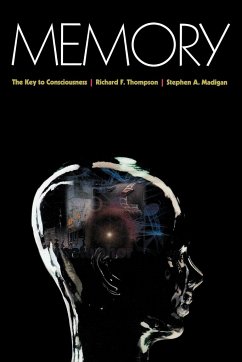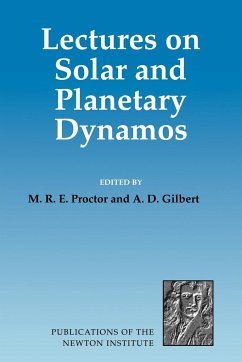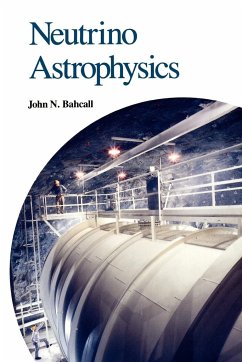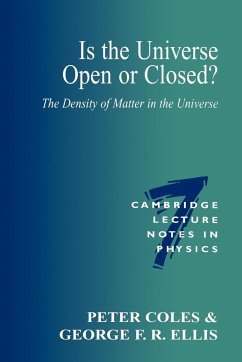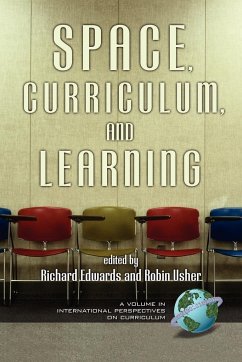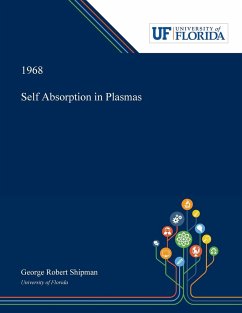
Equivalence and Priority
Versandkostenfrei!
Versandfertig in 1-2 Wochen
76,99 €
inkl. MwSt.

PAYBACK Punkte
38 °P sammeln!
"Bertoloni's book provides a very detailed and deep analysis of Leibniz's calculus and dynamics by focusing on a consistent and important set of previously unknown manuscripts..." Niccolo Guicciardini, Universita de Bologna "...Equivalence and Priority is a major contribution to our understanding of the development of mathematical physics in the late seventeenth and early eighteenth century." Daniel Garber, University of Chigago
Leibniz's dispute with Newton over the physico-mathematical theories expounded in the Principia Mathematica (1687) have long been identified as a crucial episode in the history of science. Bertolini Meli here examines several hitherto unpublished manuscripts in Leibniz's hand illustrating his first reading of and reaction to Newton's Principia. Six of the most important manuscripts are here presented for the first time. Contrary to Leibniz's own claims, this new evidence shows that he had studied Newton's masterpiece before publishing An Essay on the Causes of Celestial Motions. This article, representing his response to Newton, also included in English translation. Meli analyzes the important implications of this episode on a variety of themes ranging from priority claims to the mathematization of nature in the 17th century. Besides providing a careful study of Leibniz's style and strategy, the author examines how our perception of Newton's achievement is affected and the reception of the rival theories by the mathematical community around 1700. This unique work will interest all historians of science and philosophy.



